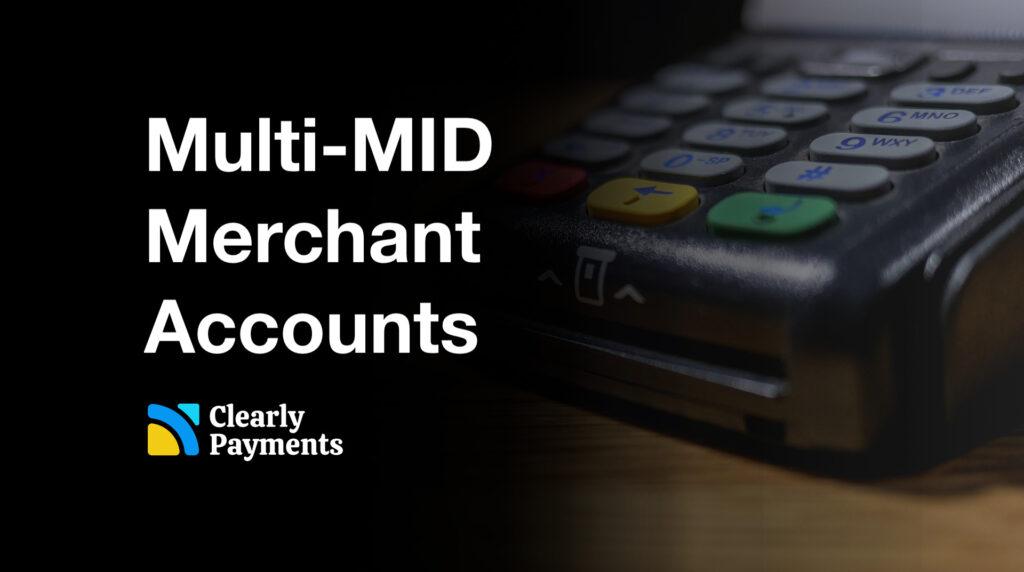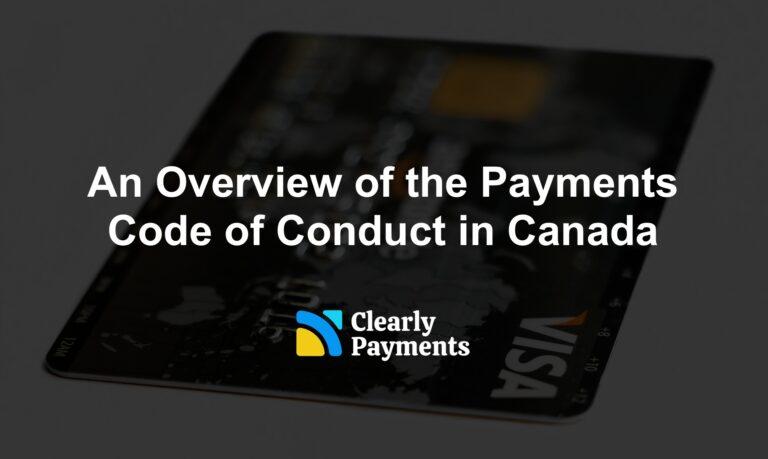Businesses that accept credit cards are continuously seeking ways to streamline their operations and maximize efficiency. That’s what you do to build a company. One strategy is using multi-MID merchant accounts. First off, a MID is a merchant ID, abbreviated as MID, which is a 15-digit identification number assigned to your merchant account by a payment processor.
This approach involves businesses having multiple merchant IDs, each associated with a distinct aspect of their operations. In this article, we dive into the concept of multi-MID merchant accounts, exploring their advantages and essential considerations for businesses looking to implement this approach.
What is a multi MID merchant account?
A multi-MID (Merchant Identification Number) merchant account is a payment processing arrangement that empowers businesses with the flexibility to have multiple unique merchant IDs for processing transactions.
Unlike the conventional setup of using a single MID for all transactions, a multi MID merchant account allows businesses to segment their transactions based on specific criteria. These criteria can include different sales channels, distinct business units, varied currencies, or specific geographical regions.
The core feature of a multi-MID merchant account lies in its ability to categorize and segregate transactions according to different parameters. For instance, a business could have one merchant ID dedicated to its brick-and-mortar store, another for its e-commerce platform, and a third for transactions involving a foreign currency or catering to a specific geographic region. This segmentation empowers businesses to tailor their payment processing services for each segment, offering different payment methods, currencies, or pricing strategies based on the unique requirements and preferences of each segment.
Why businesses may have multiple merchant IDs
In general, merchants may choose to set up multiple merchant accounts for tracking purposes or they may be required by their payment processor. Some payment processors require different merchant IDs for different types of transactions. Here is a list of reasons why some businesses have multiple merchant IDs.
Segmenting revenue streams: Businesses with multiple revenue streams, such as those operating in different industries or offering diverse products and services, may opt for multiple merchant IDs. This segmentation helps them track and analyze the performance of each revenue stream separately, facilitating better financial management and strategic decision-making.
Companies with different sales channels: Businesses operating through various sales channels, such as brick-and-mortar stores, online stores, and mobile sales, often have multiple merchant IDs. This approach allows them to customize payment processing for each channel, offering distinct payment methods and tailored experiences to customers.
Geographic or currency reasons: Companies expanding into new geographic regions or targeting international markets may have separate merchant IDs for each country, region, or currency. This enables them to accept local currencies, comply with regional regulations, and adopt different payment methods.
Risk management and compliance: Some businesses may mitigate risk and comply with industry regulations by having distinct merchant IDs for different segments. By separating higher-risk transactions or those from specific sales channels, they can protect other revenue streams and efficiently manage the risk associated with each segment.
Accounting and financial reporting: Multiple merchant IDs facilitate efficient accounting and financial reporting, especially for businesses with complex financial structures, subsidiaries, or diverse business units.
Different business units: Enterprises or large organizations with multiple business units or divisions may have multiple merchant IDs to manage transactions for each unit independently. This enhances financial control and reporting for each division.
By using multiple merchant IDs, businesses can optimize payment processing, enhance financial management, and provide tailored experiences to their customers, leading to improved overall performance and growth.
Types of businesses with multiple merchant IDs
Various types of businesses can benefit from having multiple merchant IDs to support their diverse operations and optimize payment processing. Here are some examples of businesses that commonly have multiple merchant IDs:
-
Multichannel retailers: Retailers with both brick-and-mortar stores and online eCommerce platforms often have multiple merchant IDs.
-
Restaurant, chains, and hospitality: Hotels, resorts, and other hospitality businesses may have multiple merchant IDs to manage transactions from different revenue streams, such as room bookings, restaurant sales, and event bookings.
-
E-commerce Businesses: E-commerce companies that operate in various countries or regions often use multiple merchant IDs to handle transactions in different currencies.
-
Travel and Tourism Companies: Travel agencies, tour operators, and airlines may employ multiple merchant IDs to handle payments for various travel packages, destinations, or types of services.
-
Subscription-based Businesses: Companies offering subscription-based services or products may use multiple merchant IDs to differentiate between recurring payments and one-time purchases.
-
Wholesale and B2B Businesses: Wholesalers and businesses that serve both B2C (Business-to-Consumer) and B2B (Business-to-Business) markets may maintain separate merchant IDs for each customer segment.
-
International Businesses: Businesses operating globally with multiple currencies or selling to customers in various countries might utilize multiple merchant IDs to comply with regional regulations and offer local payment methods.
-
Nonprofits and Fundraising Organizations: Nonprofit organizations conducting fundraising campaigns and events may have multiple merchant IDs to manage donation processing and track contributions effectively.
-
Large Corporations with Diverse Operations: Large corporations and enterprises with multiple subsidiaries or divisions engaged in various industries might utilize multiple merchant IDs to streamline financial management and accounting for each segment.
In general, any business with multiple revenue streams, sales channels, international operations, or distinct customer segments can benefit from adopting multiple merchant IDs.
How to get a multi-MID merchant account?
Not all payment processors offer support for multi-MID merchant accounts. Therefore, businesses interested in adopting this approach should carefully evaluate their payment processing needs and consider potential complexities. It is essential to choose a reliable payment service provider capable of accommodating multi-MID accounts.
To get a multi-MID merchant account from TCM, reach out to TCM and start the information gathering and education process.
We can provide the step-by-step support to ensure your multi-MID merchant account is implemented to align with your business needs.
Get the best multi-MID merchant account from TCM
- Lowest-cost processing in the industry
- Fund transfers in less than one day
- A full set of payment products to accept credit cards from anywhere in the world
- World-class customer service




